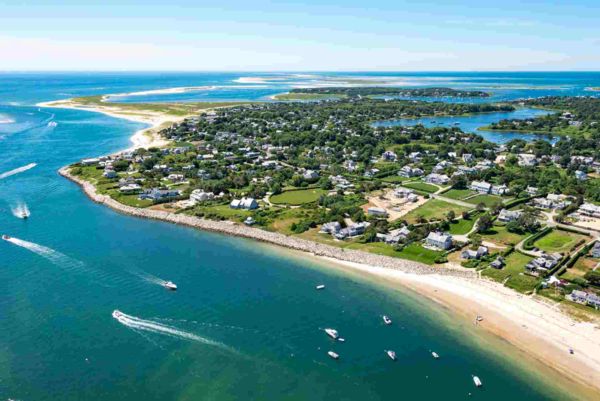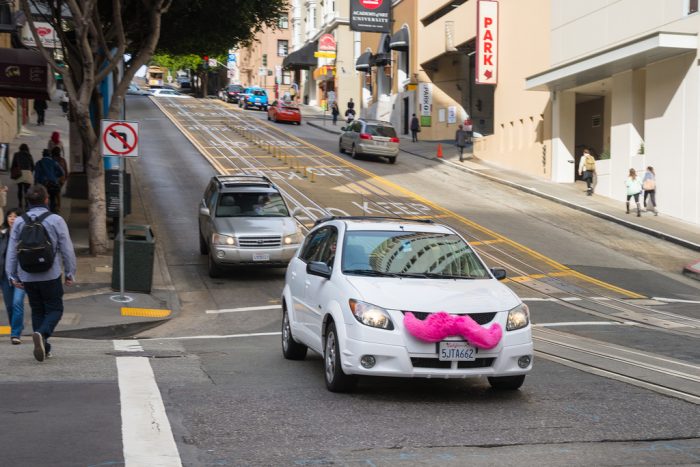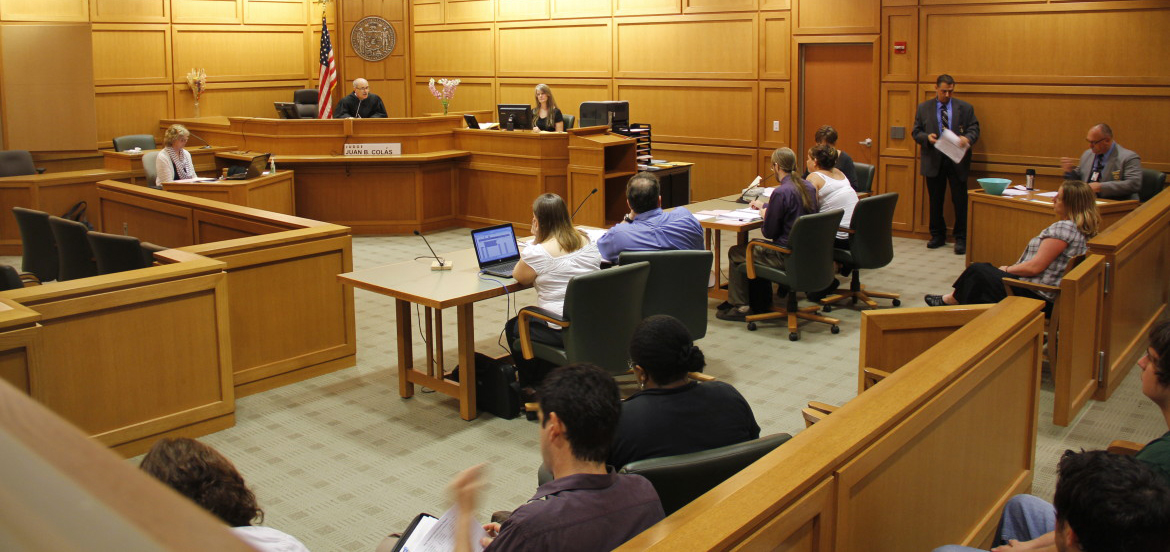Now Reading: Gasoline car sales in Massachusetts to end by 2035
-
01
Gasoline car sales in Massachusetts to end by 2035
Gasoline car sales in Massachusetts to end by 2035

Massachusetts prepares to put an end to the sales of new gasoline-powered cars by 2035, speeding down the same road as California.
While many climate activists have their eyes trained on the federal government, the proposal from Massachusetts Governor Charlie Baker (R) heralds major climate action at the state level.
“I’m really excited to see Gov. Baker moving forward to address worldwide warming pollution from cars and get more zero-emission vehicles on the road,” said Morgan Folger, director of the Zero Carbon Campaign at Environment America.
“Transportation is one of the largest sources of global warming pollution in Massachusetts, and, in particular, gas-powered cars are a big chunk,” Folger added. “So phasing out gas-powered cars in the state could make a big dent.”
Baker issued the proposal as part of his interim Clean Energy and Climate Plan for 2030, which outlines how the state can decrease carbon emissions 45% below 1990 levels by 2030—an interim target on the path to net-zero emissions by 2050.
Transportation represents 40% of greenhouse gas emissions in Massachusetts, according to the state Executive Office of Energy and Environmental Affairs. Passenger cars alone account for approximately 27% of all carbon pollution.
“There is no way we can achieve our net-zero 2050 target without urgent action in the transportation sector. And helping people get out of polluting vehicles and into clean vehicles is the fastest way to get there,” said Jordan Stutt, carbon programs director at the Acadia Center, a clean energy-focused nonprofit.
Stutt said he thinks Massachusetts can reach 100% electric vehicle sales under 15 years if the state addresses two overarching challenges: a lack of point-of-sale incentives for electric vehicle (EV) drivers and a dearth of EV charging infrastructure.
Bob O’Koniewski, executive vice president and general counsel of the Massachusetts State Automobile Dealers Association, said EV charging stations need to be transformed as common as gas stations for people to embrace zero-emission vehicles.
O’Koniewski said he supports the goal of ending gas car sales by 2035 because it addresses an unavoidable future for the auto industry.
“It makes sense to begin the planning process for the inevitable,” he said. “And the inevitability is that we are going to run out of fossil fuels at some point, whether it’s petroleum or natural gas.”
In September, California Gov. Gavin Newsom (D) issued an executive order calling for 100% zero-emission vehicle sales in the state by 2035. New Jersey Gov. Phil Murphy (D) has expressed support for the same goal, although he hasn’t signed such an order.
Stay Informed With the Latest & Most Important News
Previous Post
Next Post
-
 01Polestar Boss Says It’s Time To Outrun BMW M And Mercedes-AMG
01Polestar Boss Says It’s Time To Outrun BMW M And Mercedes-AMG -
 02Spy Shots: 2027 Mitsubishi Pajero Spotted in Testing Ahead of Possible U.S. Return
02Spy Shots: 2027 Mitsubishi Pajero Spotted in Testing Ahead of Possible U.S. Return -
 032026 Toyota Hilux EV: A Powerful Truck with Silent Torque
032026 Toyota Hilux EV: A Powerful Truck with Silent Torque -
 04Spy Photos: VW ID. Polo GTI Goes Electric with 223 HP and 280 Miles of Range
04Spy Photos: VW ID. Polo GTI Goes Electric with 223 HP and 280 Miles of Range -
 05The Controversial Ford Voodoo V8 That Was Killed Off Too Early
05The Controversial Ford Voodoo V8 That Was Killed Off Too Early -
![2027 Mercedes-Benz S-Class Debuts with V8 Engine [Photo Gallery]](https://speedlux.com/wp-content/uploads/2026/01/2027-Mercedes-Benz-S-Class-33-155x125.jpg) 062027 Mercedes-Benz S-Class Debuts with V8 Engine [Photo Gallery]
062027 Mercedes-Benz S-Class Debuts with V8 Engine [Photo Gallery] -
 07Hyundai Palisade’s Breakout Year Shows How Quickly the Market Can Turn
07Hyundai Palisade’s Breakout Year Shows How Quickly the Market Can Turn


![2027 Mercedes-Benz S-Class Debuts with V8 Engine [Photo Gallery]](https://speedlux.com/wp-content/uploads/2026/01/2027-Mercedes-Benz-S-Class-33-700x394.jpg)












































